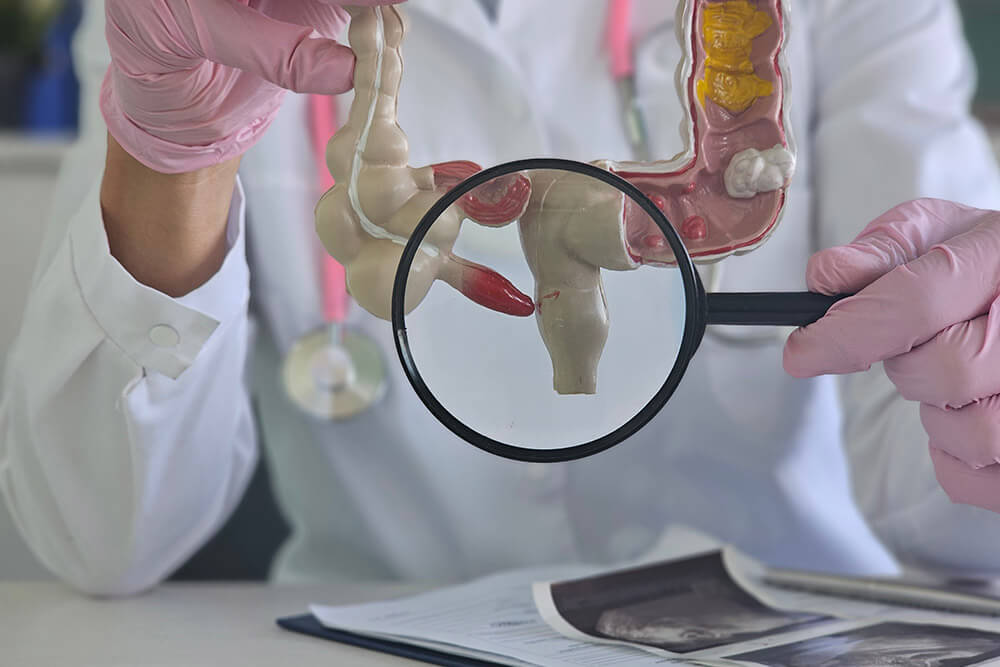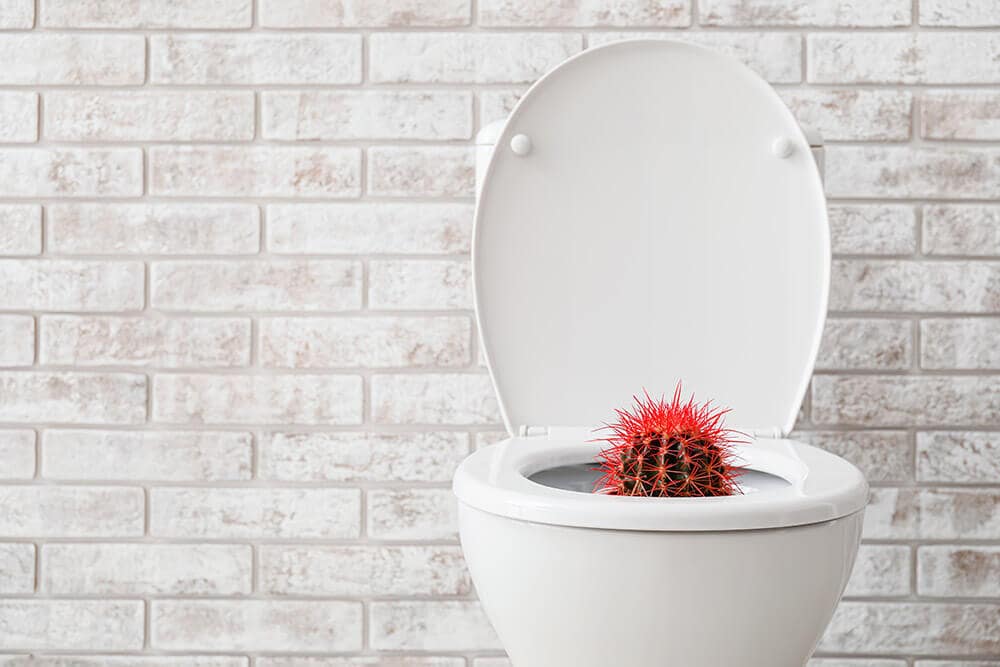Expert Treatment for Pelvic Pain by Dr. Bharat Pothuri
Dr. Pothuri uses a comprehensive and personalized approach:
Medical History & Physical Exam
He begins with a detailed discussion about your symptoms, health history, and lifestyle. A gentle physical exam is performed to identify pain points.
Core Diagnostic Tests
- Blood work to detect signs of infection, inflammation, or anemia.
- Imaging tests such as ultrasound or CT scan to evaluate pelvic organs and surrounding structures.
- Endoscopy or colonoscopy to examine the gut lining and identify any gastrointestinal causes.
- Pelvic floor assessment to evaluate muscle strength and function in the pelvic region.
GI-Specific Testing (as needed)
- Hydrogen breath tests for detecting small intestinal bacterial overgrowth (SIBO).
- Stool tests to check for infections, inflammation, or imbalance in gut flora.
Personalized Treatment
Based on the findings, Dr. Pothuri creates a targeted treatment plan to address the root cause of your pelvic pain.
Frequently Asked Questions
How long does it take to feel better?
Most patients notice improvement within 4-8 weeks of following Dr. Pothuri's personalized treatment plan.
Can diet changes help with pelvic pain?
Yes, dietary adjustments can reduce gut-related pain, especially when combined with pelvic floor therapy or medication.
Are GI tests painful?
No. Most tests are quick, safe, and well tolerated, and Dr. Pothuri ensures your comfort throughout.
Should I see a GI doctor or a gynecologist?
See a GI specialist if your pelvic pain comes with bloating, gas, constipation, or diarrhea otherwise a gynecologist may be best.
Will I need surgery?
Surgery is rarely required and is only considered when lifestyle changes, medications, and minimally invasive treatments haven't worked.
How is chronic pelvic pain diagnosed?
Diagnosis involves a detailed medical history, physical exam, imaging studies, and specialized GI tests to pinpoint the cause.
What GI tests are used?
Dr. Pothuri may order endoscopy, colonoscopy, hydrogen breath tests for SIBO, stool studies, ultrasounds, or CT scans.












